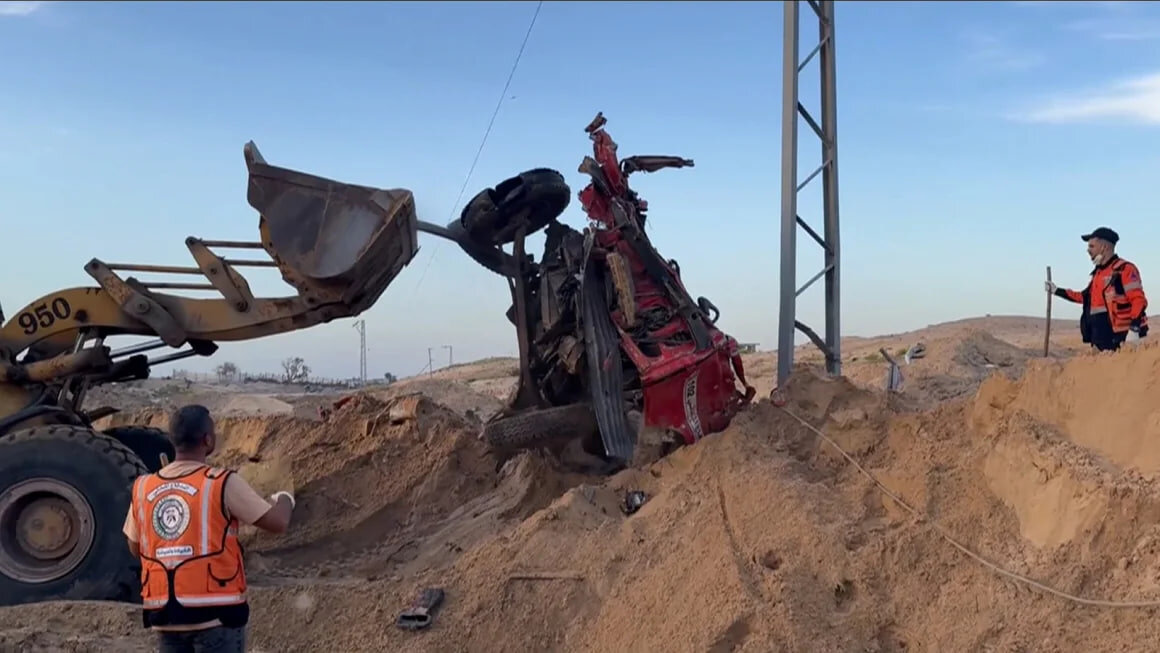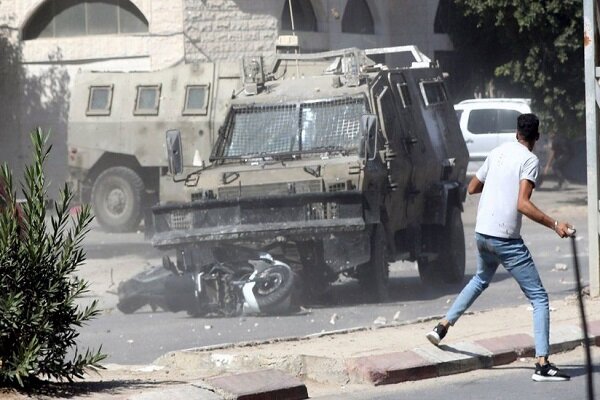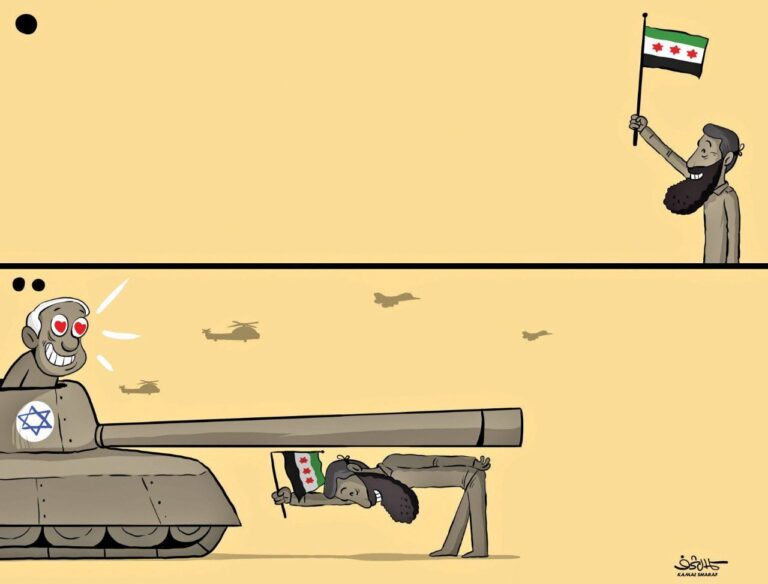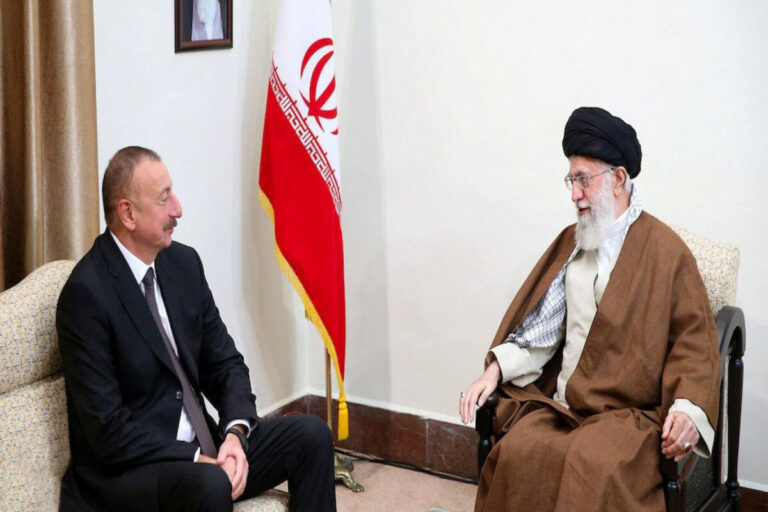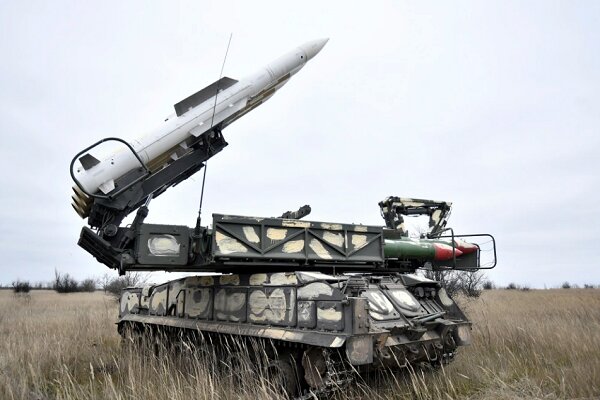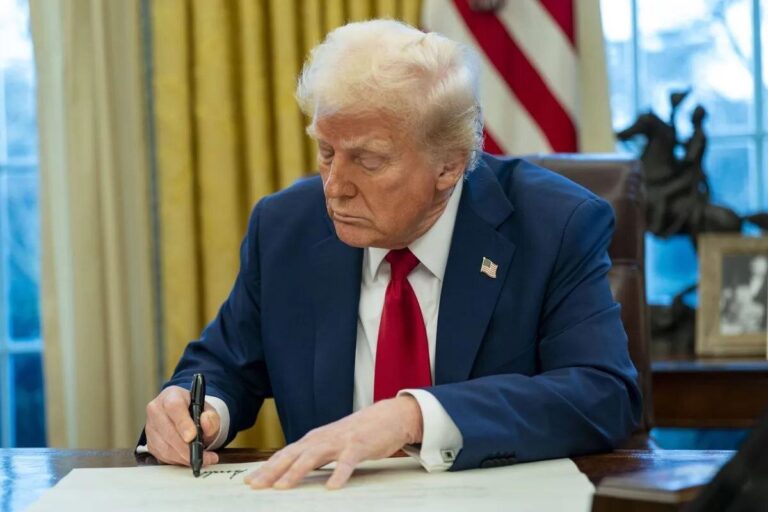Unmasking Israel’s Dark Legacy: A Deep Dive into Occupation, Genocide, and Deception
In recent events surrounding the ongoing conflict in Gaza, significant allegations have emerged against Israel, labeling it as an occupier and a regime that engages in criminal activities. The situation escalated in late March when reports surfaced regarding the disappearance of 15 paramedics in Rafah, a city in the Gaza Strip. These claims have raised serious concerns regarding the treatment of medical personnel and the broader implications for humanitarian efforts in conflict zones.
The Israeli occupation forces reportedly failed to inform the Palestine Red Crescent Society (PRCS) and the United Nations about the missing paramedics. The tragic outcome revealed that the occupation forces had killed these individuals, which included eight staff members of the Red Crescent, six from the Gaza civil defense agency, and one employee of the UN agency for Palestinian refugees. Eyewitness accounts and subsequent investigations suggest that these paramedics were executed and buried in a mass grave in the Tal al-Sultan area of Rafah.
Details from autopsies indicated that the paramedics had been shot in vital areas such as the chest and head, with their hands tied, raising serious questions about the actions of the Israeli military during this incident. Lt. Col. Nadav Shoshani, an Israeli military spokesman, attempted to justify the killings by claiming that several vehicles were advancing “suspiciously” towards troops without headlights or emergency signals, which prompted the fatal response.
However, conflicting evidence emerged when a video found on the cellphone of one of the deceased paramedics showed that the ambulances and fire truck were clearly marked and had their emergency lights activated. Following the presentation of this nearly seven-minute recording to the UN Security Council, the narrative from Israel shifted, claiming that the soldiers had made a “mistake.” Such claims have led many to question the credibility of the Israeli military’s statements.
This incident is not isolated; it reflects a troubling pattern where medical workers in Gaza have been targeted. Over the past 18 months, countless medical professionals, including those associated with NGOs and UN organizations, have lost their lives due to military actions in the region. For instance, seven members of World Central Kitchen were killed on April 1, 2024, while they were in clearly marked vehicles, with Israel once again labeling the attack as a “grave mistake.”
The apparent impunity with which Israel operates raises serious ethical concerns. Since its establishment in 1948, the Israeli regime has faced little accountability for its actions, often supported by Western nations, particularly the United States. Notably, the US has used its veto power to block numerous resolutions aimed at holding Israel accountable for its actions at the UN Security Council.
Many individuals worldwide were unaware of the harsh realities faced by the Palestinian people until the recent escalation of violence following the attacks by Hamas on October 7, 2023. As the situation continues to unfold, it has become increasingly clear to unbiased observers and even some Western politicians that the Israeli regime displays genocidal tendencies.
The ongoing conflict has also led to severe humanitarian consequences. Reports indicate that Israel has launched attacks on hospitals and medical facilities, further exacerbating the crisis. Additionally, the blockade has restricted the supply of food, water, and medicine to approximately 2.3 million residents in Gaza, raising alarm bells among human rights advocates globally.
In the wake of these events, Germany has emerged as one of the strongest supporters of Israel, providing military aid and resources. However, calls for an investigation into the killings of paramedics have also surfaced. German Foreign Ministry spokesperson Christian Wagner stated, “There are very significant questions about the actions of the Israeli army now.”
Despite these inquiries, many in Germany and other Western nations grapple with the implications of their support for Israel. The notion that some intellectuals and public figures, such as philosopher Jürgen Habermas, have defended Israel’s actions complicates the discourse surrounding the conflict. Such support is perceived by many as a betrayal of the principles of human rights and justice.
The unwavering support for Israel by Western nations has sparked outrage and disappointment among those advocating for human rights. The current situation reflects a troubling contradiction in Western claims of championing freedom of speech, as individuals who criticize Israeli actions often face backlash, including job loss or accusations of anti-Semitism.
As the conflict continues and the humanitarian crisis deepens, it is crucial for the global community to reassess its stance and actions regarding the Israeli-Palestinian conflict. The need for accountability and justice remains paramount, and the international community must take a stand to protect those who are vulnerable in these turbulent times.
